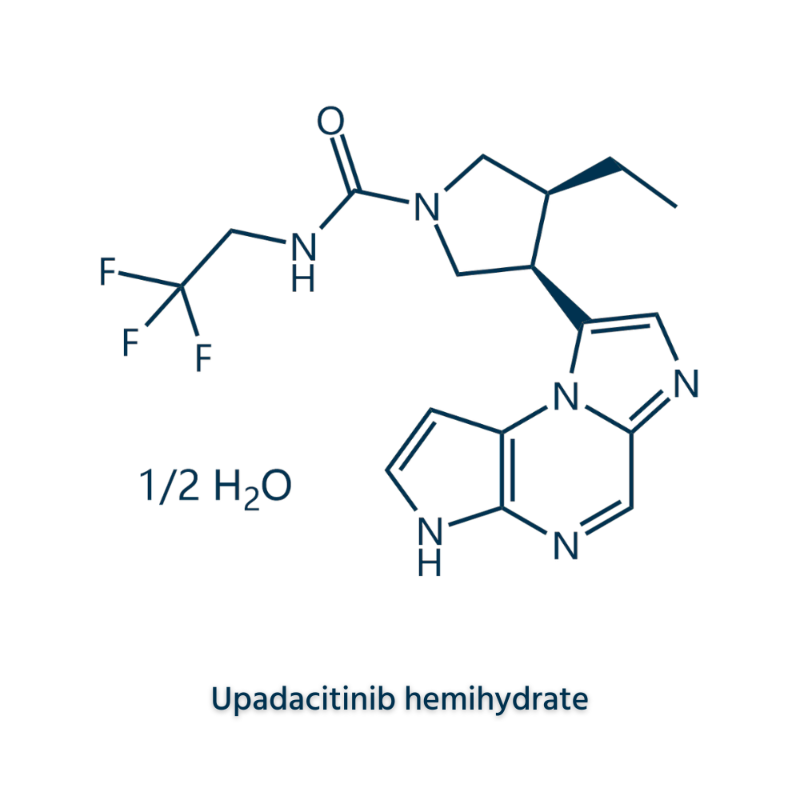-
Categories
-
Pharmaceutical Intermediates
-
Active Pharmaceutical Ingredients
-
Food Additives
- Industrial Coatings
- Agrochemicals
- Dyes and Pigments
- Surfactant
- Flavors and Fragrances
- Chemical Reagents
- Catalyst and Auxiliary
- Natural Products
- Inorganic Chemistry
-
Organic Chemistry
-
Biochemical Engineering
- Analytical Chemistry
-
Cosmetic Ingredient
- Water Treatment Chemical
-
Pharmaceutical Intermediates
Promotion
ECHEMI Mall
Wholesale
Weekly Price
Exhibition
News
-
Trade Service
June 3, 2020 /
bioON/bioON/ -- Mapping the life cycle of immune cells that have lost their vitality in the fight against cancer, giving researchers at the University of Pennsylvania School of Medicine a better understanding of how future immunotherapy can rejuvenate these cells and help attack diseasesDirector of theImmunologyInstitute at the Perelman School of Medicine at the University of Pennsylvania and Director of the Department of Systems Pharmacology and Conversion TherapyIn the new study, DrJohn Wherry's lab presents for the first time the four critical stages of the development of so-called "depleted" T-cells and the molecular mechanisms that transform between phasespast studies, including some conducted at the University of Pennsylvania, have identified different stages of development in depleted T-cells, but none has provided a complete picture of the studyMore advanced genome sequencing and higher-resolution pedigree tracking (a laboratory technique used primarily to study the "family tree" of cells in the body) provides more detail slabs ofmelanomamouse models and humantumorsamplesimage source: Immunityimmune system to fight cancer, as many Leap-Forward T-cells eventually run out, making them ineffective against the diseaseThis path to exhaustion is the key to what researchers want to know "When we look at cancer patients, we just capture their physiological characteristics, so we're usually not sure where they are at the stage of T-cell development," This hinders our ability to target cells and steer them in different directions Here, we have drawn up a blueprint for identifying and dissecting the potential molecules and transcription switches that initiate these steps "The four stages of development include: sleep-maintaining stem cells
-like progenitor cells; progenitor cells that multiply and circulate; "intermediate" cells -- circulating and mildly cytotoxic, and cells that eventually deplete The researchers also identified transcription factors and epigenetic factors involved in each stage of T-cell failure
genetic factors, including the proteins TCF-1, TOX and T-bet learned about the complex processes of T-cell differentiation, providing more opportunities for immunologists
to develop T-cells using cell therapy This may include, for example, re-equipping T-cells at one stage to "stop" them so that they do not move to the next stage, or manipulating late T-cells into early T-cell stages with more fighting power Through a series of genetic modifications to T-cells, the researchers found that they could produce T-cells at different stages the blueprint could also be used to study how current interventions interact with failed T-cells, which may shed more light on why some therapies have been unsuccessful while others have not the latest research is based on several articles from Wherry's lab last year, one published in the journal Immunology, which reveals the early ingredients of depleted T-cells, and an article in the journal Nature that shows the role of protein toxins as a key regulator yllorford factor for fatigue next, the researchers plan to study external factors in the surrounding environment to see how they affect the lifespan of these T-cells, such as cytokines, a protein that the immune system releases that regulates immunity and inflammation "We need to better understand developmental biology so that when we analyze patients' tumor
live tissue slices or blood, we can reflect that data on a more comprehensive map, even if it comes from preclinical models," Wherry said "Because now that we've only got a little information, we need to get a thorough understanding." (biovalleybioon.com) Reference: New "blueprint" of the exhausted T cell lifespan can build the bettertherapies
Jean-Christophe Beltra et al.
Developmental Relationships of Ex-Exed CD8 and T CellS Reveals Underlying Transcriptional and Epigenetic
Landscape Control Mechanisms, Immunity (2020) DOI: 10.1016/j.immuni.2020.04.014
Khan, O., Giles, J.R., McDonald, S et al.
TOX transcriptionally and epigenetically programcd8 plus T cell exhaustion Nature 571, 211-218 (2019) https://doi.org/10.1038/s41586-019-1325-x







